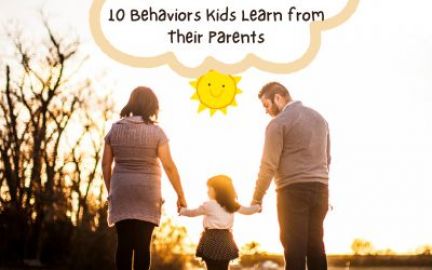As I approach my 50s, I find myself reflecting on the lessons I've learned through decades of experience. Life, much like a game, has its own set of "cheat codes"—shortcuts or wisdom that, if known earlier, would have made the journey smoother. These are not quick fixes, but timeless insights that can lead to greater fulfillment, productivity, and happiness. If I could go back in time, these are the 30 cheat codes I wish my 30-year old self had. Whether you're navigating your 30s or are well beyond, these life lessons hold the potential to transform your perspective and elevate your journey.
Search Results for " Emotional intelligence "
Summary - As automation and AI continue to reshape industries, jobs that rely heavily on routine tasks are increasingly becoming automated. While this shift poses challenges, it also opens up new opportunities for those willing to adapt and upskill. In the rapidly evolving job market, learning new skills is no longer optional—it’s a necessity. Here’s a look at the key skills that will be in demand as AI takes over and why lifelong learning is critical for staying relevant.
Intuition is often described as a sudden insight or a strong feeling about something, without any obvious reasoning behind it. It's that inexplicable sense that guides us towards or away from certain decisions. Some call it a "sixth sense" or a "gut instinct," but regardless of the name, it's a phenomenon that many of us have experienced. Your intuition is a powerful tool shaped by your unique experiences and perceptions. Don't ignore that little voice inside you; it might just be your subconscious offering its invaluable insights.
In today's fast-paced, interconnected world, raising empathetic children has never been more crucial. Empathy – the ability to understand and share the feelings of another – is a cornerstone of emotional intelligence and a key factor in building strong relationships and creating a more compassionate society. Explore strategies for cultivating empathy in children through everyday actions, community service, and exposure to diverse perspectives.
As parents, we are our children's first teachers and most influential role models. From the time they are born, our kids watch and learn from us, absorbing the ways we react to the world and interact with others. Whether we realize it or not, our daily actions and habits become their blueprint for how to navigate life. This article explores ten crucial behaviors that children often learn by observing and interacting with their parents. From emotional regulation to money management, we delve into how parental actions and attitudes significantly influence a child's development and future behaviors.

.jpg)

.jpg)
.jpg)
